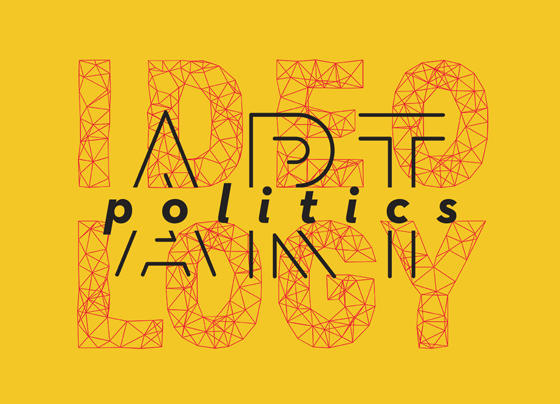A conference of the Collaborative Research Center 626 "Aesthetic Experience and the Dissolution of Artistic Limits" in cooperation with the Bard College Berlin and the Universität der Künste Berlin.
In contemporary debates within philosophy as much as in the arts, it seems impossible not to confirm the assumption that art is political. The question can be raised, whether the evidence of the art’s political dimension does not ultimately function in the same way ideological statements function, namely as evidences. Art as a material practice is assumed to intervene as such into the realm of the social and political sphere, and is thereby attributed a sovereignty of reflection that no other practice could ever reach. Following an impulse of critical theory, may it not become necessary to again free art from politics, to start with a philosophical and in a specific sense: ideological decision of their separateness that allows for an understanding of art and politics as autonomous processes and practices?
It therefore seems necessary to redefine the relation between art and politics as well as between art and philosophy by questioning, as deconstruction always suggested, what is at stake in all singular elements of this three-partite constellation, namely art, politics and ideology. If not only art has to be conceived of as an autonomous practice and if this cannot only be done by separating art from politics and vice versa, what one needs to account for is both: art’s autonomy as well as its possible political relevance and its effects in philosophy. One may need a renewed concept of art as much as of politics and ultimately of their relation. A renewed positive conception of ideology might, this is the task the conference sets for itself, precisely here find its place, namely to account for an effective non-relation between art and politics.
Organization: Frank Ruda and Jan Völker
Contact: sfb626@zedat.fu-berlin.de
Zeit & Ort
18.07.2014 - 19.07.2014
Münzsalon e.V., Münzstraße 23, 10178 Berlin



